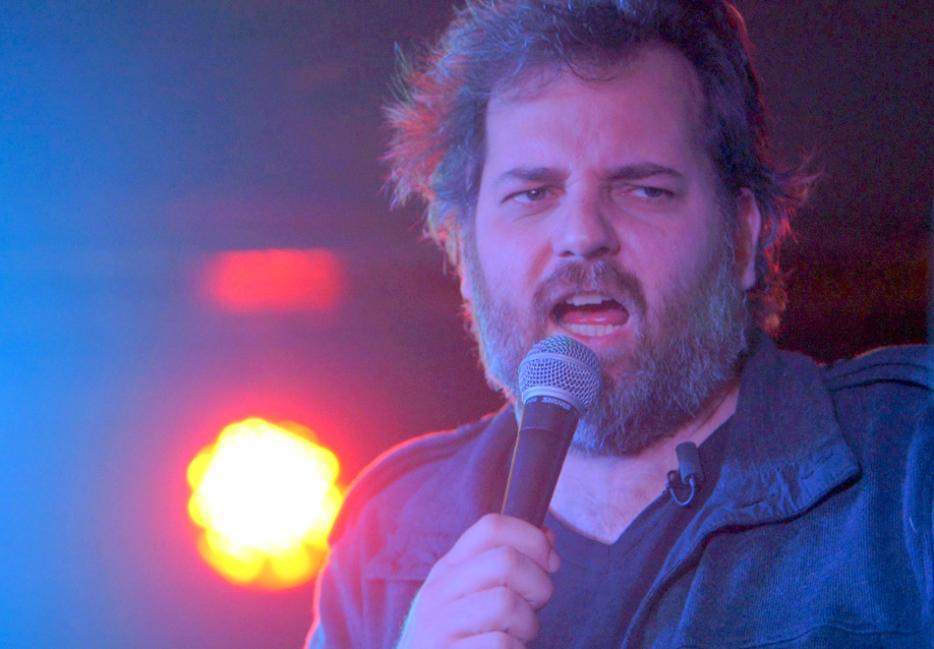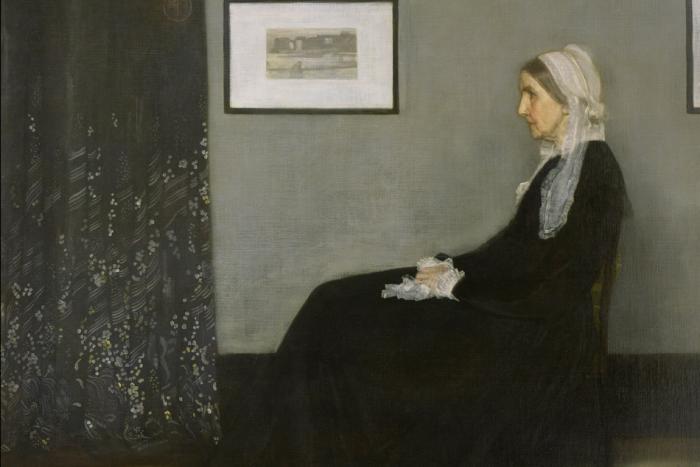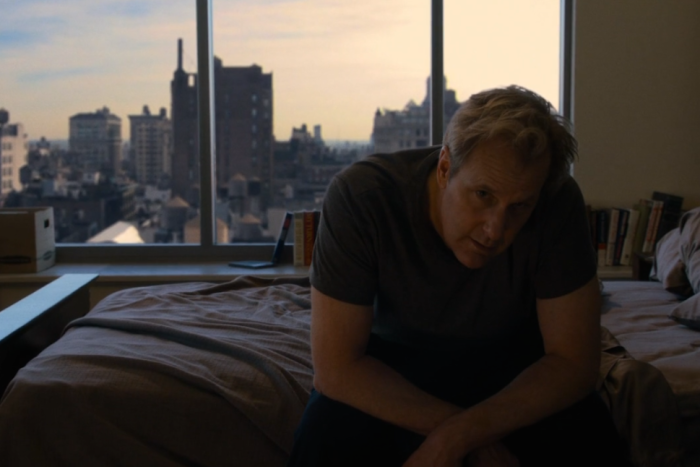My friend Sam broke up with his girlfriend last week—or, more accurately, she broke up with him. She wanted a best friend, he said she'd told him, and he was far too predisposed to big-eyed fawning to ever fill that sort of role. Sam is sometimes like a hedonistic Golden Retriever: loyal, affectionate, happiest when he's being of measurable service. That sort of attention can be flattering, but you start to see its limitations when you realize you'd rather have a partner than a porter. I've heard this same thing in the end times of relationships: that it's nice to be nice, but it's maybe nicer to not overwhelm people with the gale force of your supposed kindness. It obscures the negative, for one thing, of which there is surely plenty, but also, when you reduce your own role to one of service, you strip the other person of their independence in the process. One ex told me she hated how much she came to rely on me, and flat-out didn't like the person she was when we were together; she didn't need to be taken care of, and she resented me for it.
This isn't false modesty, by the way, some clandestine encomium for all those nice guys out there, finishing last, like they do. It's an alarm bell: that it's easy to become enchanted with your own particular brand of bullshit, and to assume you're the hero just because you're the one telling the story.
On Saturday night, Sam and I went to the Bloor Hot Docs Cinema in Toronto to see Harmontown, documentarian Neil Berkeley's film about Community creator Dan Harmon's weekly podcast of the same name, and the cross-country tour he and his cohorts went on in early 2013, recording a podcast nightly in front of live audiences. Harmon and crew were in Toronto, too, and a podcast recording was to follow the screening. The podcasts are strange and hilarious and unpredictable, conversations liable to roll from current events to conspiracy theories to things that Harmon has put inside his asshole. His fans (and I am one) are an enthusiastic people; the things he produces, be they podcasts or TV shows, invite (and maybe even demand) a level of audience interaction, which Harmon himself not only encourages but seems to genuinely get off on. Though the average fan would probably self-identify as a nerd, this is probably too reductive: the people who have the most religious responses seem to be the ones who recognize parts of themselves in Harmon's anxieties and tendency toward self-destruction. (In the movie, the comedian John Oliver says he thinks Harmon would describe himself as "a human hand grenade who has a predilection for pulling his own pin out.")
The podcast is meant to be a safe space: a venue for people to love things sincerely and unironically, whether it's science fiction or cartoons or Dungeons and Dragons (which they play every episode). It's also a venue for Harmon to unburden himself, to be honest about his own life in the funniest and rawest fashion possible, sometimes at the expense of others' feelings (namely, his fiancée Erin McGathy, a regular part of the show and a great sport, to whom Harmon is unapologetically gross and insulting in one of the movie's more uncomfortable sequences). Also, just about everyone on stage gets shithouse drunk almost every episode, Harmon especially. In the movie, he blacks out during a show in Nashville after drinking from a jar of moonshine; it's played for laughs, but then he's in the editing suite the next day, listening to the recording of the previous night with his head in his hands, mortified by the noises being made by this strange man, and calls for an uncommon amount of cuts before it's posted online. Then he starts drinking again.
Moralizing about alcohol is boring; I drank several beers over the course of the evening myself, and would do it again, too. It was strange, though, when, during the podcast portion of the show, Harmon brought a friend up to the stage who, earlier in the day, had given him a bottle of her own homemade hooch (brand name: Earthshine), which he proceeded to drink, getting a wave of laughter with every 130-proof wince. Harmon often seems driven by twin desires to a) please people and be loved and b) not be told by anybody what to do; Harmontown being a judgment-free zone makes it sound like a utopia, but it's sometimes hard not to see that designation as a preemptive strike.
He does seem to realize this occasionally, though—frequently, even. In his great profile of Harmon for Grantland last year, Alex Pappademas spoke to Harmontown "comptroller" Jeff Davis, who described Harmon as an "epiphany junkie." Throughout the film, he's constantly having revelations about himself and the way he treats people, but the real joy seems to be in the discovery.11That being said, he and McGathy are openly, proudly in couples therapy now, which seems smart. During the live show, Harmon talked about how glad he was that his sex drive was dipping; he used to jerk off eight or nine times a day, he said, often followed by regret over not "throwing one" to his fiancée. "I'm so glad you guys are in counselling," guest-comptroller Bobcat Goldthwait replied. When he weighs his transgressions against the good that he does, though, the joy he brings and the fellowship he inspires, it occurs to him that, despite it all, maybe he's been reading the whole thing wrong: this is his story, sure, but what if it turns out he's the villain?
Harmon at his most wasted reminded Sam of himself, he said; after the movie, he mentioned he was thinking about going cold turkey (as he ordered us another pitcher). For years, Sam’s drunken alter ego has been "The Demon," and we've all become skilled at noticing the early-warning signs and figuring out ways to mitigate the damage. It's probably ruined more than one relationship for him, but that didn't seem to be the case this time around—if anything, those bursts of dumb recklessness might have even been a turn-on. When his now-ex came by to drop off his things, among the clothes and toiletries were groceries he'd bought to make her pizza.
Towards the end of the podcast recording, the subject shifted to dichotomies. On stage with the regulars was a trans woman named Jane, proprietor of the aforementioned Earthshine, who was talking about her life at this stage of her transition (presenting as somewhat male, identifying as female), and the line between wanting to help people understand the trans community and not wanting to have to explain herself anymore. Harmon became animated: he still had plenty to learn about what trans people go through, of course, but the prospect of being able to smash a binary system of any sort clearly excited him. He asked Jane when she'd be finished with her transition—what sort of marker she'd have to hit to know she'd gotten as far as she needed to go. She told him it wasn't that easy—that it's not simply about ceasing to be a man and becoming a woman, but acknowledging and embracing a sort of fluidity. As long as you're writing the story, you don't have to settle for being any one thing.






